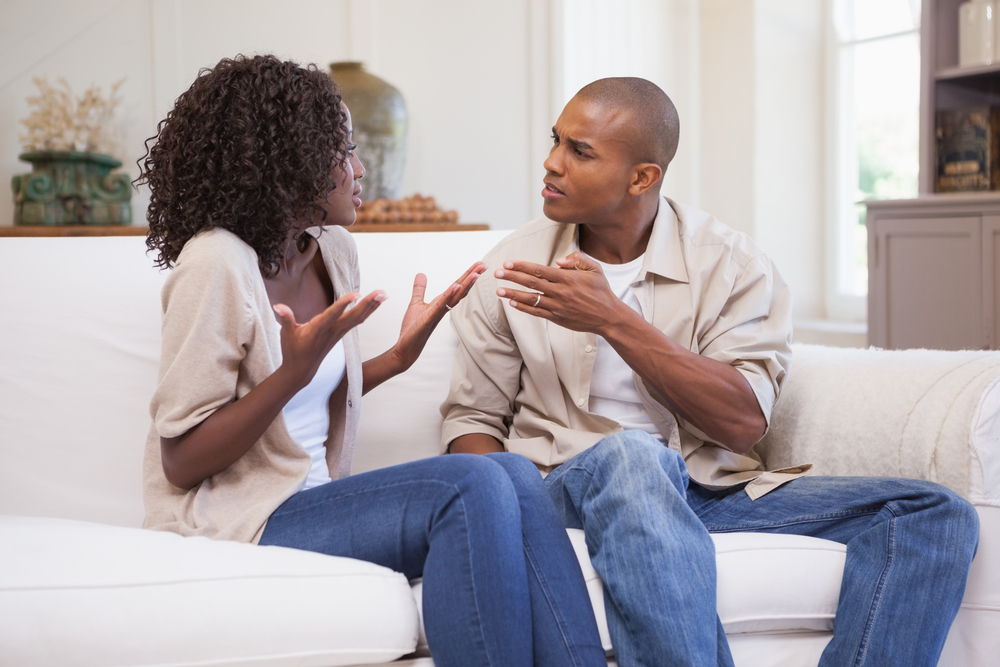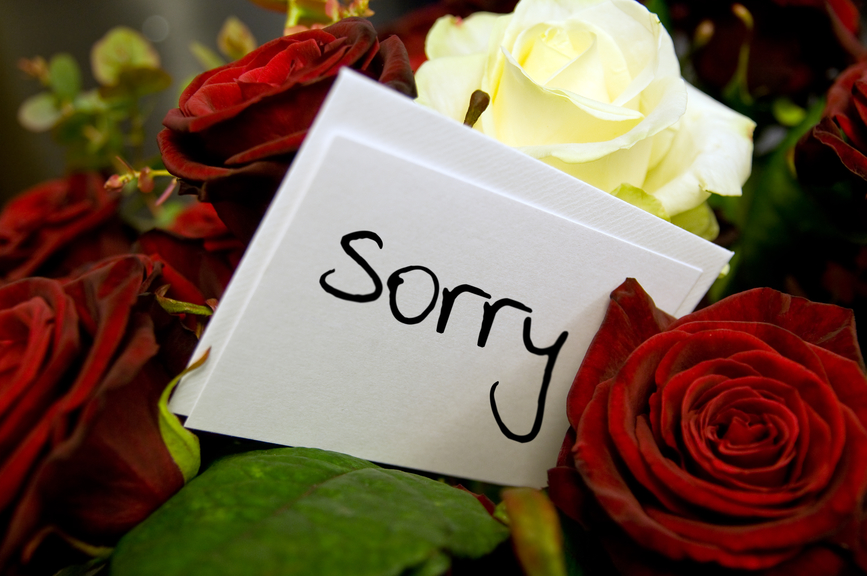I really empathize with couples that begin a session with one person telling me something like this, “Why doesn’t my partner realize I am right?” Immediately I know that the pair sitting in front of me is in despair. I know that to live in a relationship where one person professes to have the right in the relationship while seeing the other as wrong puts both at a disadvantage. I know that both people may be feeling exhausted and sad.
Unfortunately this pattern often repeats itself; arguments unfold where one person insists he/she is right while the other feels inadequate or blamed. This person may feel right too, but it’s likely he/she has given up trying to have his/her voice heard and might be depressed. And it’s not uncommon for two people to point the finger at one another and say he, or she is to blame. In this scenario both people have to be right and everyone loses.
It may be the way we were raised, where blame had to be affixed to a problem. If this is what we experienced as a young person we might bring this aspect of how to relate to others into our own adult relationship. When there is a problem, look for the culprit. Identify the culprit, get the culprit to accept responsibility and force them to agree to learn from the mistake and not make it again.
Some people parent or train people this way. It’s designed to help people become accountable for their actions. This method has a place, but I believe it blows up the idea of mutual respect in a relationship if you use it with your mate. It allows one person to be in the position of knowing, while the other person is placed in the position of being taught. These positions are not equal and they make one or both people feel pretty unsatisfied.
The one who needs to be right can’t get relief because the other won’t listen. The one who is being told they are wrong resists because no one wants to feel blamed or bad. This kind of pattern usually leaves couples in a stalemate. Both want something from the other person. Both are not sure how to get it. It’s possible that the one who has to be right just wants to be listened too. It’s also possible that the one who is being blamed just wants to feel valued, and not persecuted.
Couples with this pattern may grow exhausted with each other. It takes a lot of energy defending your position all the time. It also takes a lot of energy tuning out your mate. Why not discover a way to use that energy in a more productive way; getting your needs met so you feel better?
When I work with couples with this type of interaction, I like to begin the process of helping each person understand his or her behaviors. The beginning part of dismantling this kind of system is understanding how we interact with our mate. Partners begin to get an idea of how they communicate with each other. This then leads to awareness of how the communication impacts the partner.
Helping couples understand the weight of their words is some of the early work. Also important is figuring out what each person needs. It’s possible that the person who has to be right just wants to feel valued and important. The more she stresses that she is right the harder she tries to feel valued and important.
The one who is being blamed could also benefit from becoming aware of how he responds. Maybe he tunes out his partner when he hears her insist she is right. Maybe he rolls his eyes or just shakes his head. What ever he is doing is important to look at during a counseling session. Understanding that his reaction has an impact on her is also important. And what are his needs that aren’t being met? Maybe he wants to feel valued too. Maybe he wants to have his voice heard as well.
In my experience that’s usually what two people in a relationship want: to be heard, to feel listened to, and acceptance. When these basic needs are fulfilled, couples flourish. They can even begin to experience a deeper connection with each other, one that may include making the other person happy, and when couples reach that level both people feel they are in a relationship worth having.
Send your comments to linda@lindanusbaum.com
Read More





